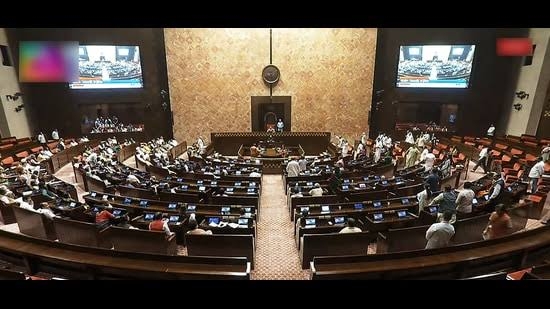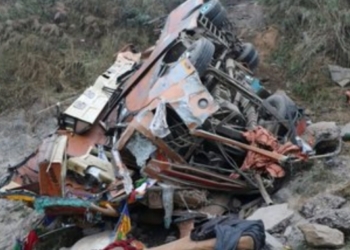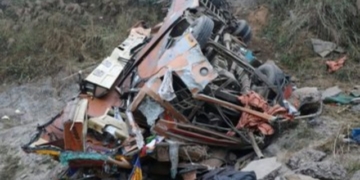The Opposition in the Rajya Sabha continued to mount pressure on the government over the April 22 Pahalgam terror attack and the subsequent Operation Sindoor—India’s military response against Pakistan. Lawmakers demanded answers on intelligence failures, border infiltration, and the nation’s overall defence preparedness.
Independent MP Kapil Sibal led the charge, questioning the government over the Indian Air Force’s declining squadron strength, referencing public remarks by Air Chief Marshal Amar Preet Singh, who last year admitted the Air Force was operating at its lowest strength—31 squadrons—since 1965.
“We need to ask whether we have the strength to prevent another Pahalgam. Our Air Force has openly said, ‘We will fight with what we have.’ That’s not reassuring,” Sibal said.
He also noted that China is on track to deploy sixth-generation fighter jets by 2025, while India is still pursuing fifth-generation jets with a projected rollout around 2035.
Sibal criticised the Centre for not inviting Jammu & Kashmir’s Chief Minister Omar Abdullah to a key security review meeting held in April by Home Minister Amit Shah.
RJD’s Manoj Jha accused the government of hiding behind patriotism to deflect accountability.
“National unity is not a shield against tough questions,” he said, also criticising Prime Minister Narendra Modi’s remarks in Lok Sabha where he said he was “representing India,” adding: “He was supposed to represent the government, not Bharat Mata.”
The Opposition’s concerns come in response to Operation Sindoor, under which India launched precision air strikes on terror infrastructure inside Pakistan following the Pahalgam attack that killed 26 civilians.
Shiv Sena (UBT)’s Sanjay Raut questioned why Kulbhushan Jadhav, the Indian national imprisoned in Pakistan, was not rescued during the operation.
“If Operation Sindoor was so successful, why was Jadhav left behind?” he asked sarcastically.
Javed Ali Khan of the Samajwadi Party argued that the focus should be on the lapses that led to the attack rather than solely on military retaliation. He also noted that no international government officially named Pakistan as responsible, contrary to the Indian government’s suggestions.
The debate reflects growing opposition demands for transparency and accountability in both national security and foreign policy, especially amidst rising tensions with Pakistan and ongoing questions around military capability.





























